In a world with massive piling of waste, local recycling centers play a key role in a responsible management of such waste. Tons and tons of materials such as plastic, glass, metal, and paper keep on piling into landfills daily, giving way to pollution in the environment. A Local Recycling Centre offers sustainable solutions by collecting and processing these materials and repurposing them in another form while avoiding additional waste and conserving valuable natural resources.
Recycling is not just about waste management; it is mainly about developing a cleaner, healthier, and more sustainable future. Individuals and businesses have the capability to reduce their carbon footprint, support the local economy, and help combat climate change through the process of recycling. Many local recycling centers offer incentives such as cash for scrap metal or discounts for recyclable items to encourage more people to participate in such eco-friendly practices.
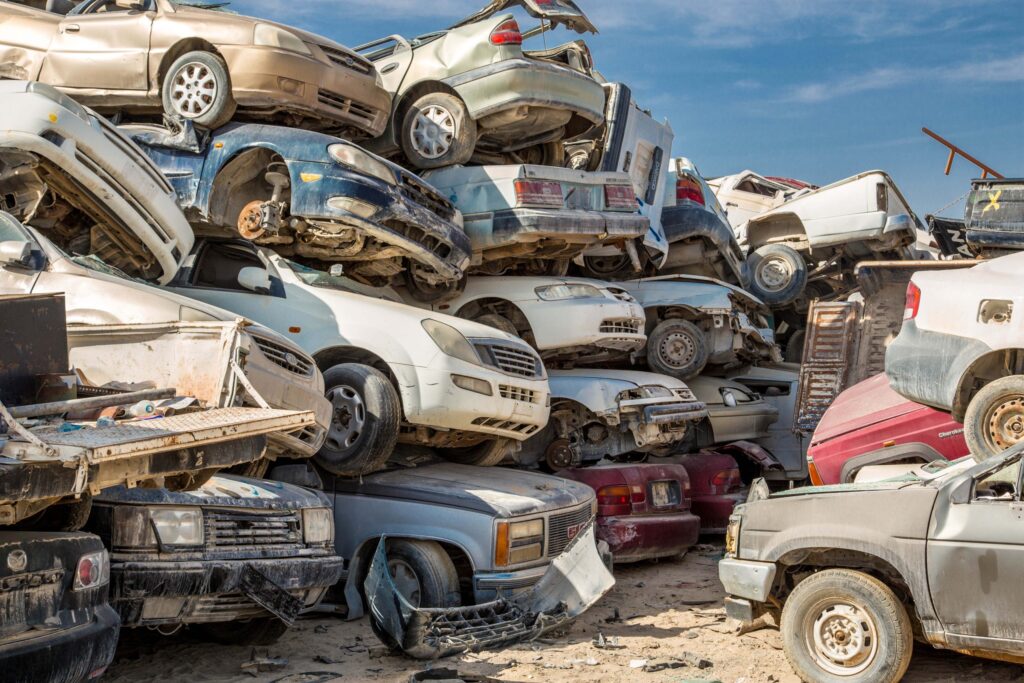
With growing environmental concerns, Local Recycling Centre are now essential in every community. They are a convenient means of waste disposal while ensuring that reusable materials are given a new life. Let’s find out why it’s important, the process involved, the benefits it brings, and the future of recycling. It’s all because supporting your local recycling center is a step towards a greener planet.
1. Why Local Recycling Centers Are Important
Local Recycling Centre are more than a place where people drop old things; they are a nucleus for sustainability and environmental conservation. With the rapidly growing population, the increasing consumership has made a lot of waste, burdening the already stretched landfills and natural ecosystems. Recycling centers relieve this strain by diverting waste from the landfills while giving materials new life.
Chief Benefits of Recycling Centers
Reduces pollution—Recycling minimizes the emission of toxic chemicals and greenhouse gases.
Saves natural resources—Fewer raw materials such as wood, metal, and petroleum are required.
Promotes a circular economy—reused materials reduce the need for continuous production.
Encourages community involvement—people become more aware of waste management.
By providing support to your local recycling center, you would be contributing towards a cleaner environment and a healthy community.
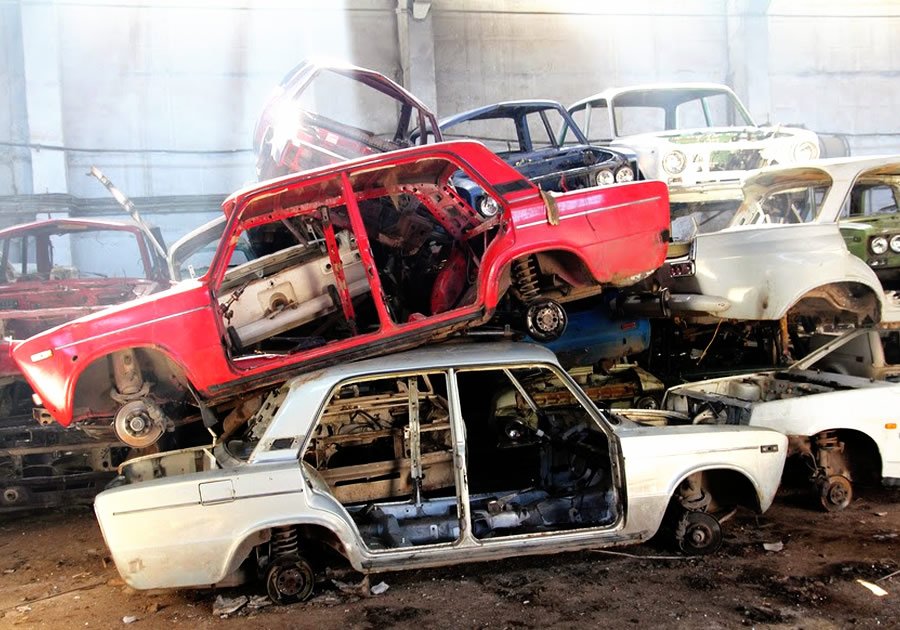
2. How Local Recycling Centers Work
Many people wonder what happens after they drop off recyclables at a center. The process is structured and efficient, ensuring that every item is properly sorted and reused.
Step-by-Step Process:
Collection & Sorting—Materials like plastic, paper, glass, and metal are separated.
Cleaning & Processing—Items are cleaned to remove contaminants.
Shredding & Melting—Metals are melted, plastic is shredded, and paper is pulped.
New products—bottles, cans, aluminum products, and paper goods—are created from materials of recycled waste.
Knowing the cycle of working at a recycling center would make you really appreciate that careful sorting is actually important for this process before bringing it into disposal.
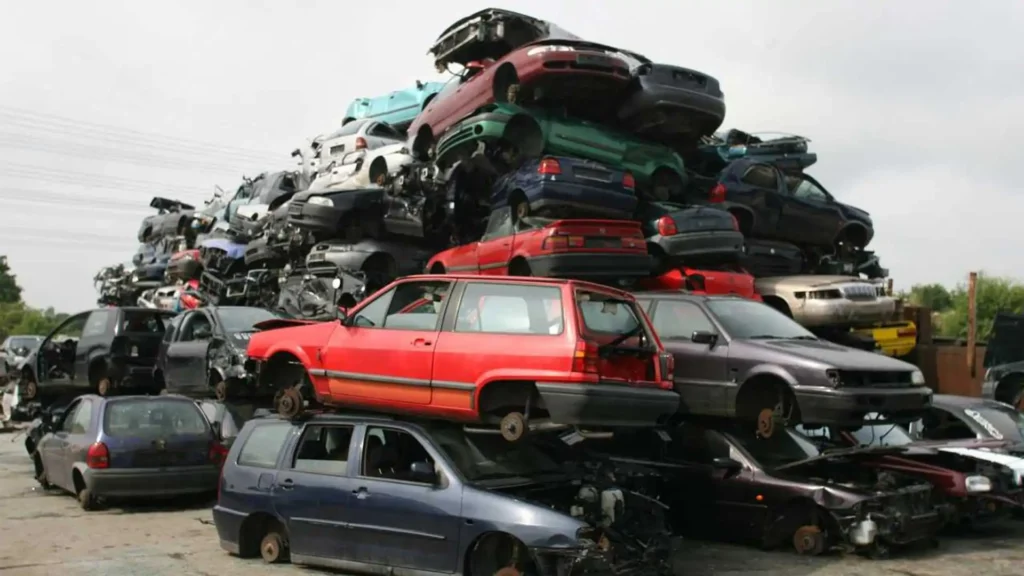
3. Environmental Implications of Recycling
The impact on the environment is direct and powerful in recycling. When left unchecked, waste tends to harm wildlife, pollute water bodies, and increase greenhouse gases. Recycling tackles these issues by not allowing humans to produce a new material or increase pollution levels.
Important Environmental Benefits:
Reduces landfill waste—fills up space and emits toxic fumes.
Saves energy—Recycled metal and plastic require much less energy to produce new materials.
Conserves wildlife—A reduced amount of waste in oceans and forests results in safe habitats for animals.
Slows down climate change—The carbon levels are also lower due to less raw material extraction.
Every time you recycle, you’re doing your part for a greener Earth.
4. What Can I Recycle at My Local Recycling Centre?
Most people do not know how many items are recycled rather than being sent to the landfill. Many centers will accept most of these everyday materials, including:
Common Accepted Recyclables:
✅ Plastics—Bottles, containers, and packaging.
✅ Paper & Cardboard—Newspapers, magazines, and cartons.
✅ Glass—Jars, bottles, and broken glass.
✅ Metals—Aluminum cans, scrap metal, and tin
✅ Electronics—old phones, batteries, and computers.
By knowing what your local recycling center accepts, you can make informed decisions about waste disposal.
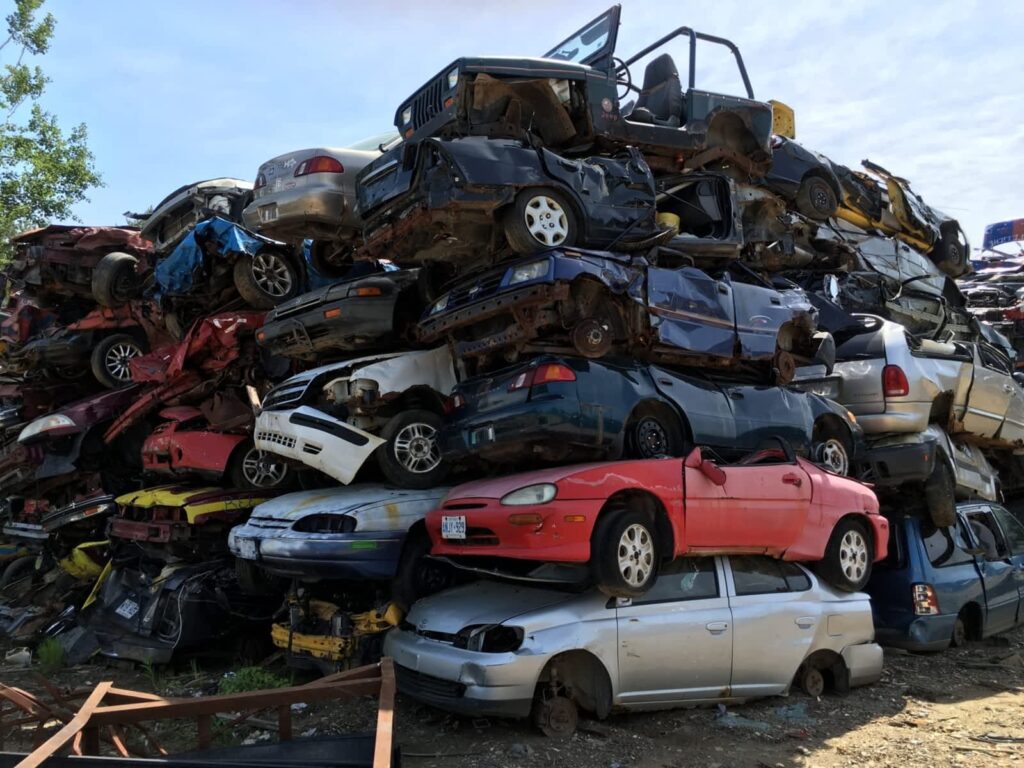
5. How Recycling Empowers the Local Economy
Recycling is not just about saving the environment; it is a strong driver of economic growth. When materials are recycled instead of being dumped in landfills, they fuel industries, create employment, and support small businesses.
Economic Benefits of Recycling:
???? Job Creation—Recycling centers offer stable employment for workers who collect, sort, and process waste. From truck drivers to technicians, the industry employs thousands of people.
Boosting Local Businesses—Most companies rely on recycled materials in order to decrease the cost of manufacturing. The recycling of paper, metal, and plastic cuts down the costs of production and therefore makes the products cheaper.
Generating Extra Income—Recycling is not waste but also generates income. The people make their money by selling scrap metal, old electronics, and used paper to Local Recycling Centre.
By recycling, you are not only saving nature but also your local economy. It becomes a win-win situation where both people and the planet benefit from it.
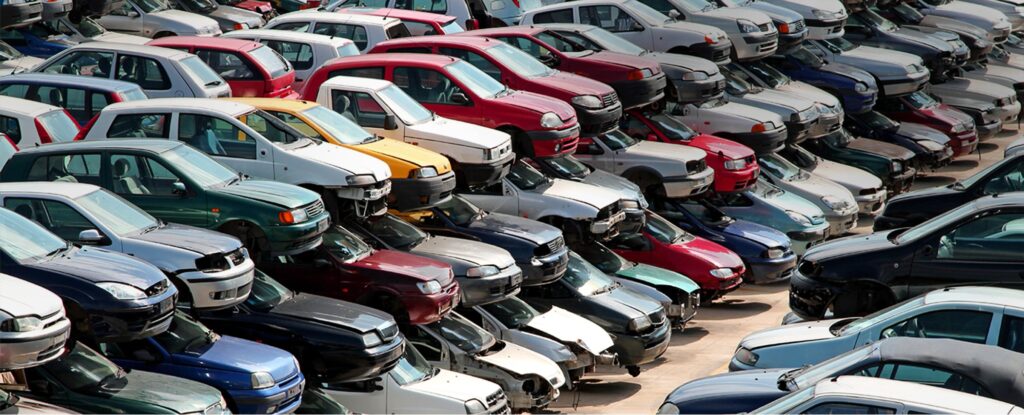
6. How to Start Recycling: A Step-by-Step Guide
As a beginner in recycling, do not worry—it is more manageable than what one would think. Therefore, by doing a few simple steps, a difference without much effort can easily be made.
How to Start Recycling:
✅ Set Up Sorting Bins—Keep separate containers for plastic, paper, glass, and metal. Label them clearly for easy use.
✅ Know What Can Be Recycled—Check with your Local Recycling Centre to understand what materials they accept. Some places even take electronics and batteries!
✅ Clean Before You Recycle—Rinse off food scraps or liquid residue from containers. This prevents contamination and ensures better recycling results.
✅ Drop It Off or Arrange Pickup—Many recycling centers offer curbside collection. And if not, dropping off recyclables at a Local Recycling Centre is a great habit to develop.
Small efforts add up over time, reducing the quantity of waste and conserving resources. When everyone does their part, the impact is massive.
7. The Future of Recycling: What’s Next?
As the world evolves towards sustainability, recycling evolves along with it. The innovations in waste management have made it smart, efficient, and environmentally friendly.
Exciting Future Recycling Trends:
Smart Recycling Bins—AI-driven recycling bins that will automatically sort your waste to cut down human errors and improve efficiency.
Biodegradable Packaging: A future wherein packaging turns towards compostable material rather than plastics, preventing oceans and landfills from further pollution.
⚡ Waste-to-Energy Technology: High technology that transforms non-recyclable waste into clean energy and minimizes dependence on fossil fuels.
Once these new technologies become widely implemented, recycling will play an even greater role in saving the world and the planet.
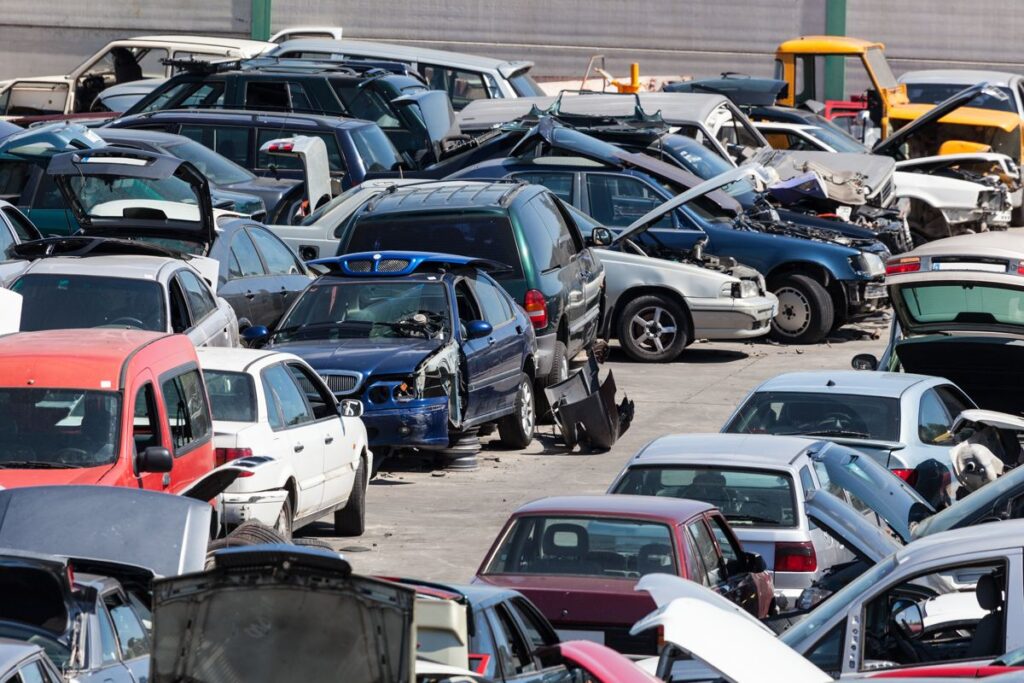
Conclusion
Local Recycling Centre are more than just waste drop-off points—they are a key solution to a cleaner, greener future. By choosing to recycle, you’re not just getting rid of unwanted items; you’re actively contributing to a healthier environment and a stronger economy.
From reducing pollution and conserving natural resources to creating jobs and cutting manufacturing costs, the benefits of recycling go beyond just waste management.
The next time you’re about to throw something away, pause and think: Can this thing be recycled? Supporting your local recycling center isn’t an option; it’s a responsibility we all share.
